What Effects Will The Political Climate Have On Our Ecosystem?
Do Florida lawmakers see climate change as a real threat?
As Florida’s 2020 Legislative Session approaches, here is a comprehensive look at recent action taken by Florida lawmakers regarding climate change. This multimedia project covers Florida's response to the National Climate Assessment during the 2019 Legislative Session.
Natural Climate

National Climate Assessment
In 2018 the U.S Global Change Research Program published Volume II of the National Climate Assessment.
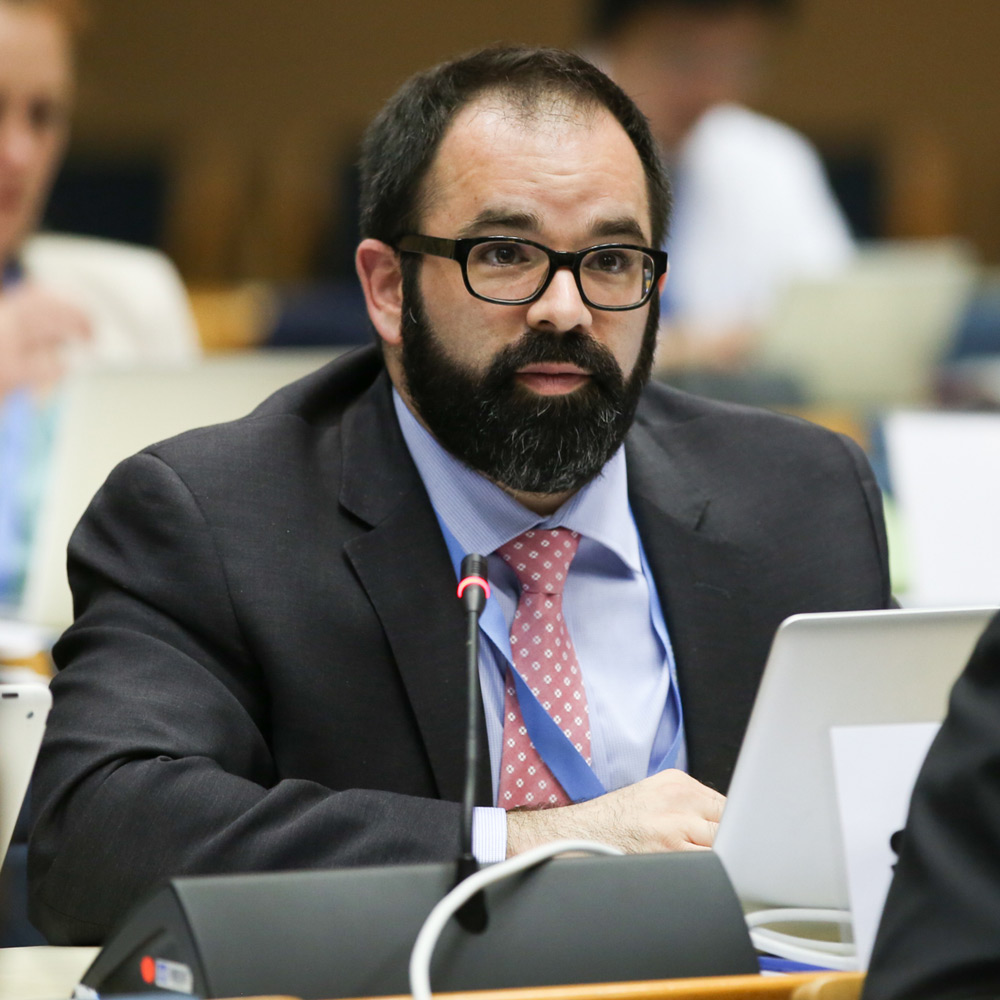
The National Climate Assessment reports several impacts Florida will face within the next century.
Working with 13 Federal agencies the USGCR studied the socio-economic impacts regions will face in the United States will face as the global climate continues to change. (Pictured: Dr. Reid Miller, Director of Fourth Naitonal Climate Assessment.)
Florida's Political Climate
Since 2011 the Republican Party has held control over all three offices in Florida.
Political Climate
Office of the Governor
House of Representatives
Senate
Lawmakers In Charge Of The Climate Conversation
Use your mouse to navigate through Florida’s Senate and House Chambers. Click on the hotspots to learn about Florida’s most influential lawmakers on climate change legislation.
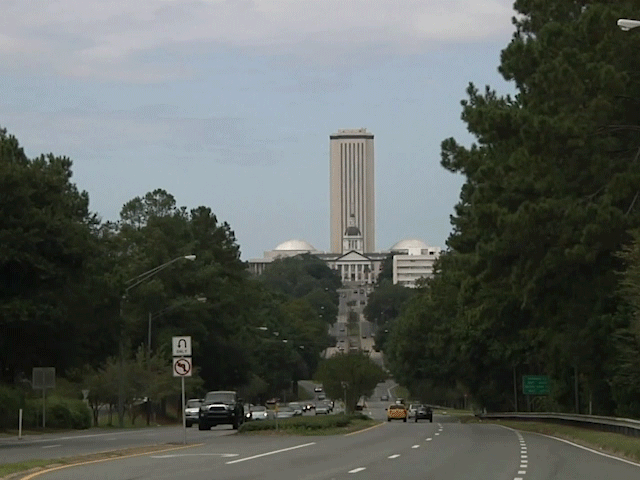
A Look Back: 2019 Legislative Session
Every year Florida lawmakers meet in Tallahassee, during this time legislatures have the opportunity to file bills where it can be voted into law.
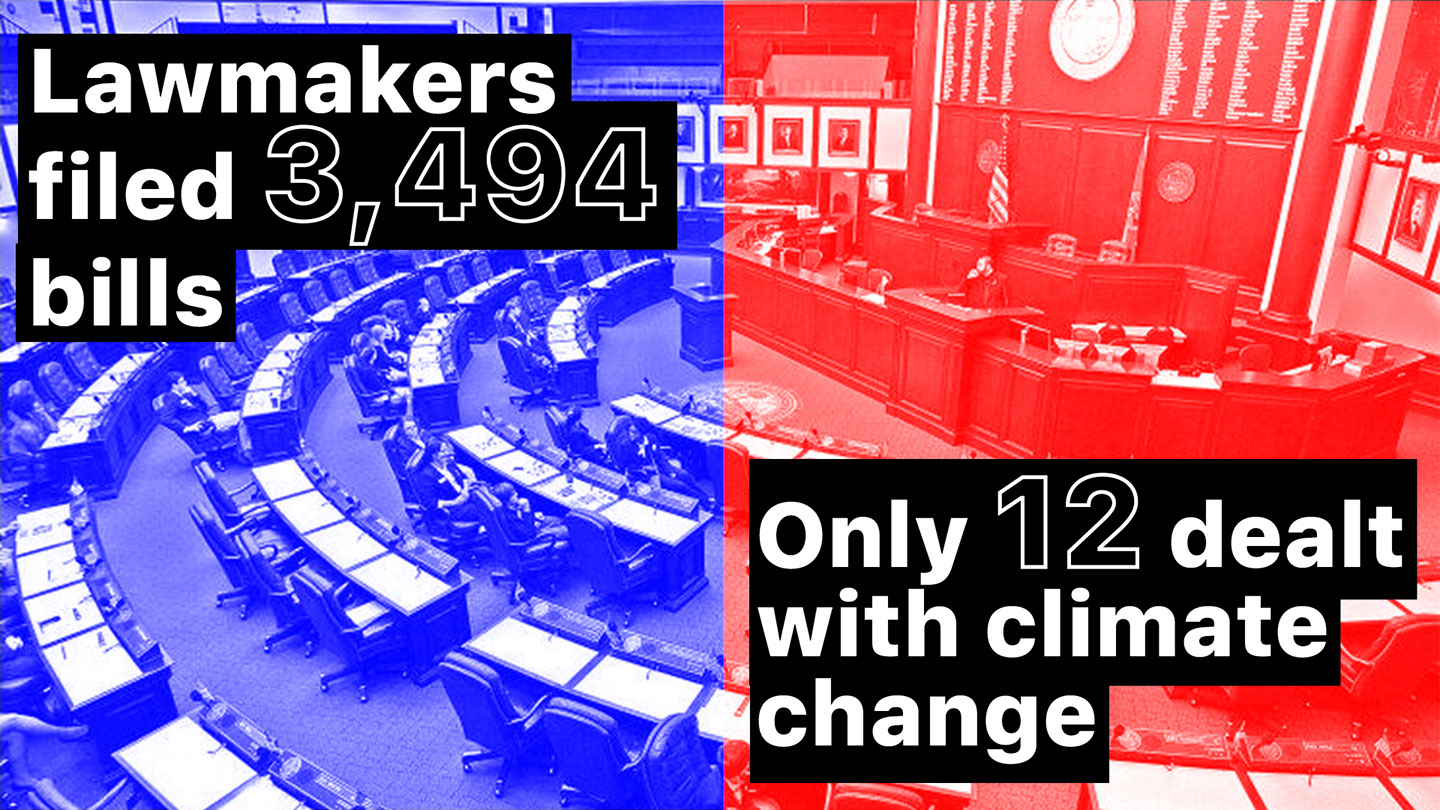
Lawmakers filed 3,494 bills. Only 12 dealt with climate change.
What is Climate Change Legislation?
Take a Look at the twelve climate bills lawmakers drew up last year and where they ended up.
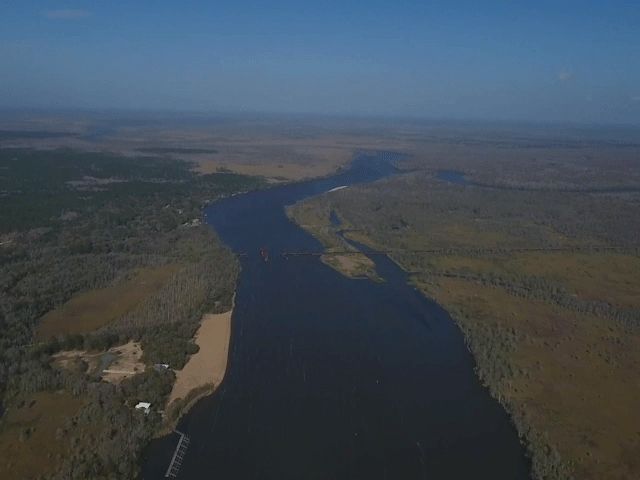
Lack Of Urgency
As the 2020 session progresses, will the pace surpass that of 2019? View video below.
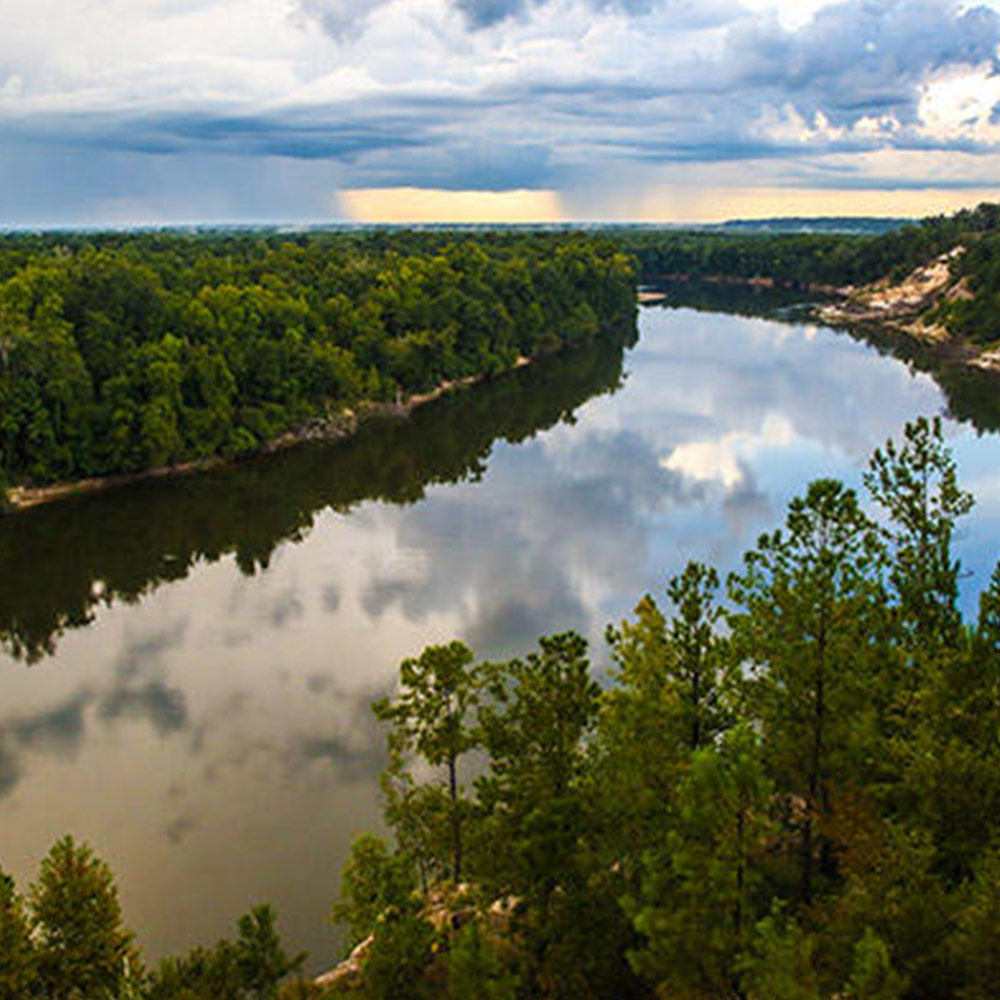
Florida Lawmaker Says Climate Change Deserves More Attention
As the 2019 legislative session continues in the Florida Capitol, advocates question if lawmakers are making climate change a priority.
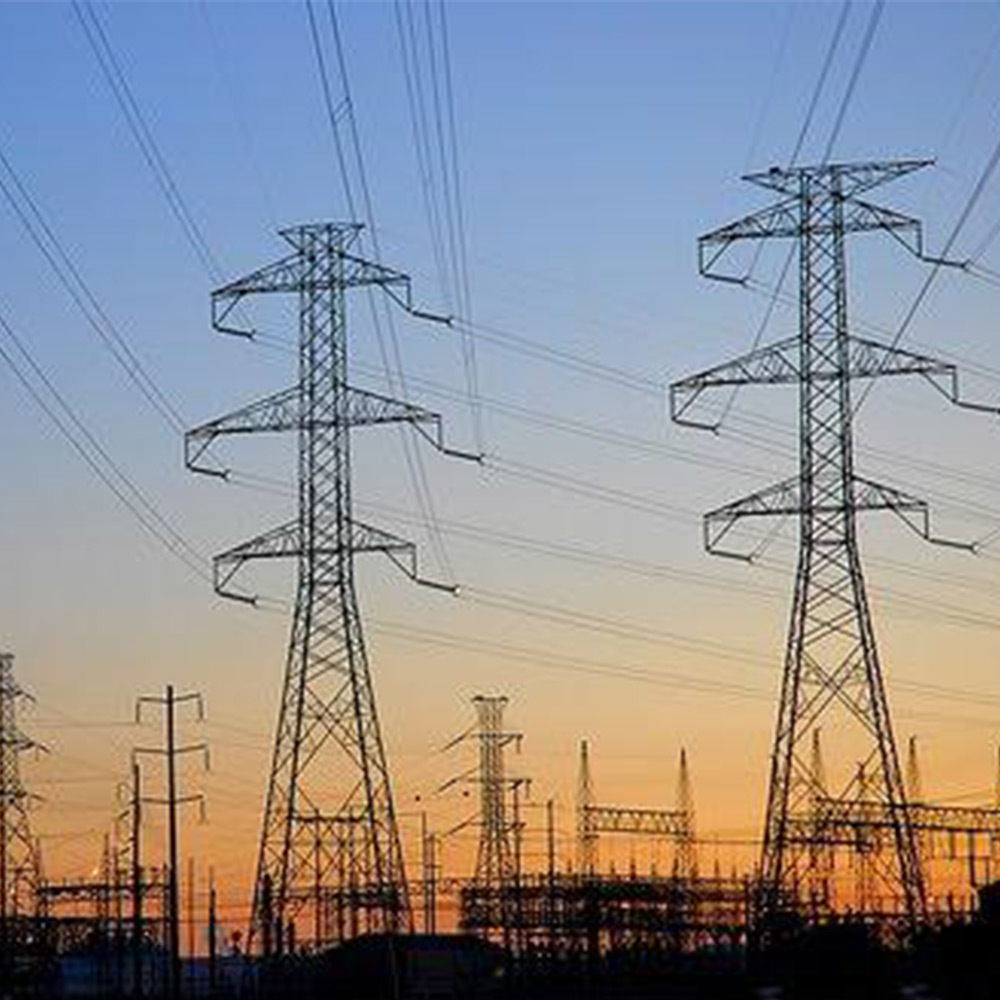
Lawmakers Look At The Power Utility Companies Have On State Energy Standards
With renewable energy being at the forefront of issues with many climate advocates, utility companies are often seen as culprits when it comes to slowing down clean energy legislation.

DeSantis Is Hiring State Chief Resilience Officer To Tackle Effects Of Climate Change
Breaking precedent, Florida Governor Ron Desantis is hiring a Chief Resiliency Officer to combat the effects of Climate Change.
As 2020 approaches the climate change conversation continues to get louder. However, legislation that directly addresses Florida’s resilience, emissions, and the human impact of climate change is still not moving fast enough for many climate advocates.
Of the 3,494 bills filed in 2019, only 12 addressed one of these three categories. Florida’s first Chief Resilience Officer was hired by Governor DeSantis’ during his first year in office. His role was created to directly tackle climate issues, permitting the governor's office to finally acknowledge climate change after eight years of denial during the Rick Scott administration.
Florida’s elected officials are feeling the growing urgency among their constituents. We can only "wait and see" what action Florida lawmakers take in 2020 when it comes to passing climate change legislation.
Keep up with the top issues of the 2020 session with WFSU Public Media. Follow WFSU News on Twitter for regular updates.